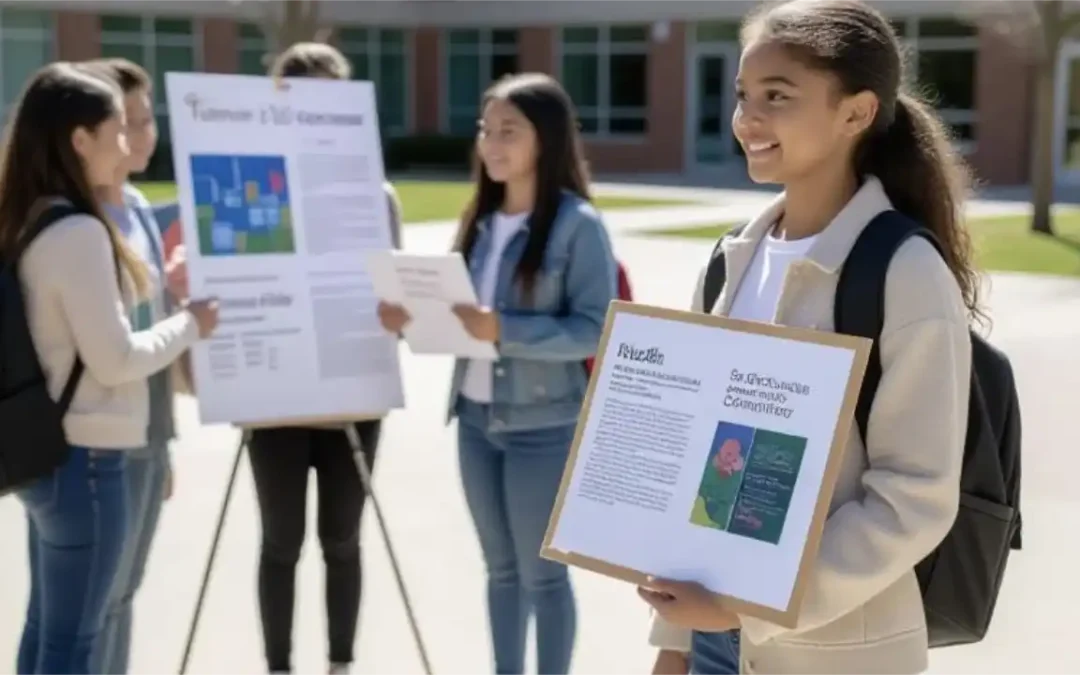
Living with Virtue and Balance: Embracing Justice and Fairness
W
hen kids argue over toys or shut others out, fairness takes a hit. Their instincts often lean selfish—and without guidance, that can become habit. In Vienna’s cafés, poets and scientists clashed and laughed, but fairness held the room together. Every voice mattered. You can bring that spirit home. Ask your child, “What would be fair in this situation?” That question interrupts impulse and invites perspective. It turns quick reactions into thoughtful choices—and helps them build trust, not just get their way.
One evening, my son and daughter were locked in a tug-of-war over a single toy truck. Voices rising, tempers flaring. I crouched beside them and asked, “How do you think we should handle this?” He hesitated, then said, “We could take turns,” glancing at his sister. She nodded. We set a timer. Soon, they were laughing together. That small moment stuck. Now, when he’s in group work at school, he checks that everyone’s included. He’s learning that fairness isn’t something to demand—it’s something to offer.
Use daily conflicts to build their sense of justice. When a game gets lopsided or someone feels excluded, ask what would make it right. For young kids, this might mean taking turns or adjusting rules; for teens, fairness might show up in group dynamics or shared responsibilities. Keep it simple—flip a coin, ask for ideas, let them lead. Praise not just the outcome, but the thinking behind it. These everyday acts, repeated over time, grow into something deeper: a habit of choosing fairness, even when it costs them a little. That’s how justice takes root.
Living with Virtue and Balance

Living with Virtue and Balance: Maintaining Temperance and Moderation
Teach children how to balance desires, emotions, and choices. Moderation supports emotional stability and healthy self-regulation.

Living with Virtue and Balance: Choose the Individual over the Collective
Teach children to think for themselves, even when others disagree. True confidence comes from thoughtful individuality.

Living with Virtue and Balance: Practicing Courage in Daily Life
Courage develops through small, everyday acts. Encourage bravery in conversation, exploration, and new experiences in your kids.
Table of contents

Primordial Soup for the Mind: Navigation
Navigate the book Primordial Soup for the Mind.
TIPS
- Spark equitable ideas, don’t just fix the moment
- Praise fairness when it’s offered freely
- Stay neutral—let them weigh the choices
ACTIVITIES
- Fair Fix: During a dispute, ask “What’s fair in this situation?” and explore options
- Switch Roles: Have them swap sides in a conflict and act it out
- Justice Jar: Collect stories of fairness each week and reflect on them together
TOOLS
Coin for turns, timer, or fairness journal

Download “Primordial Soup for the Mind: A Parent’s Guide to Nurturing Intellectual Growth”
Enter your information to get this article and hundreds more as part of the FREE book Primordial Soup for the Mind.
Share your thoughts with the Thought Academy community in the Comments section below.

Sharpen those skills!
Enter your information to get our FREE practice exercises so you can hone your critical thinking and reasoning skills!







0 Comments